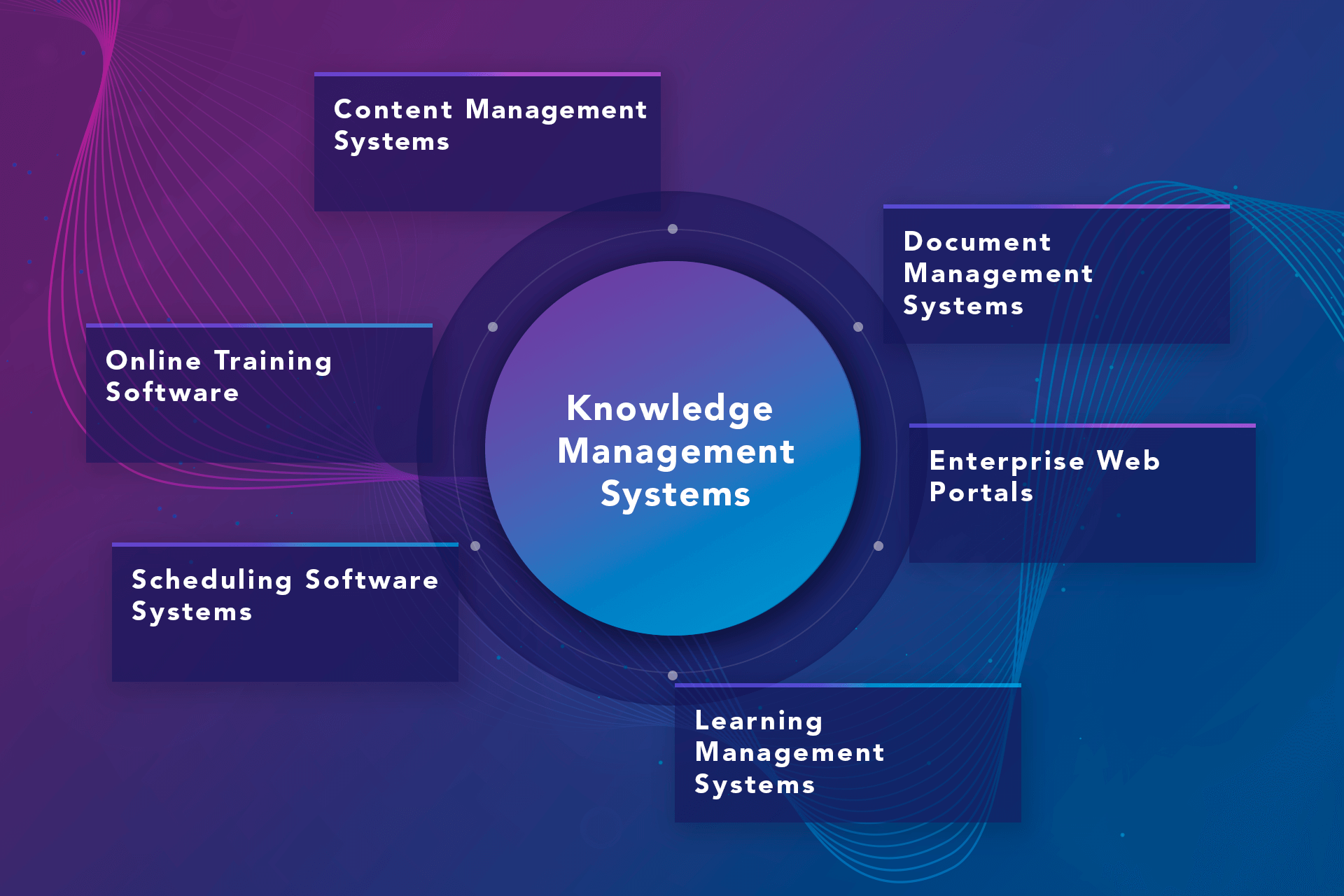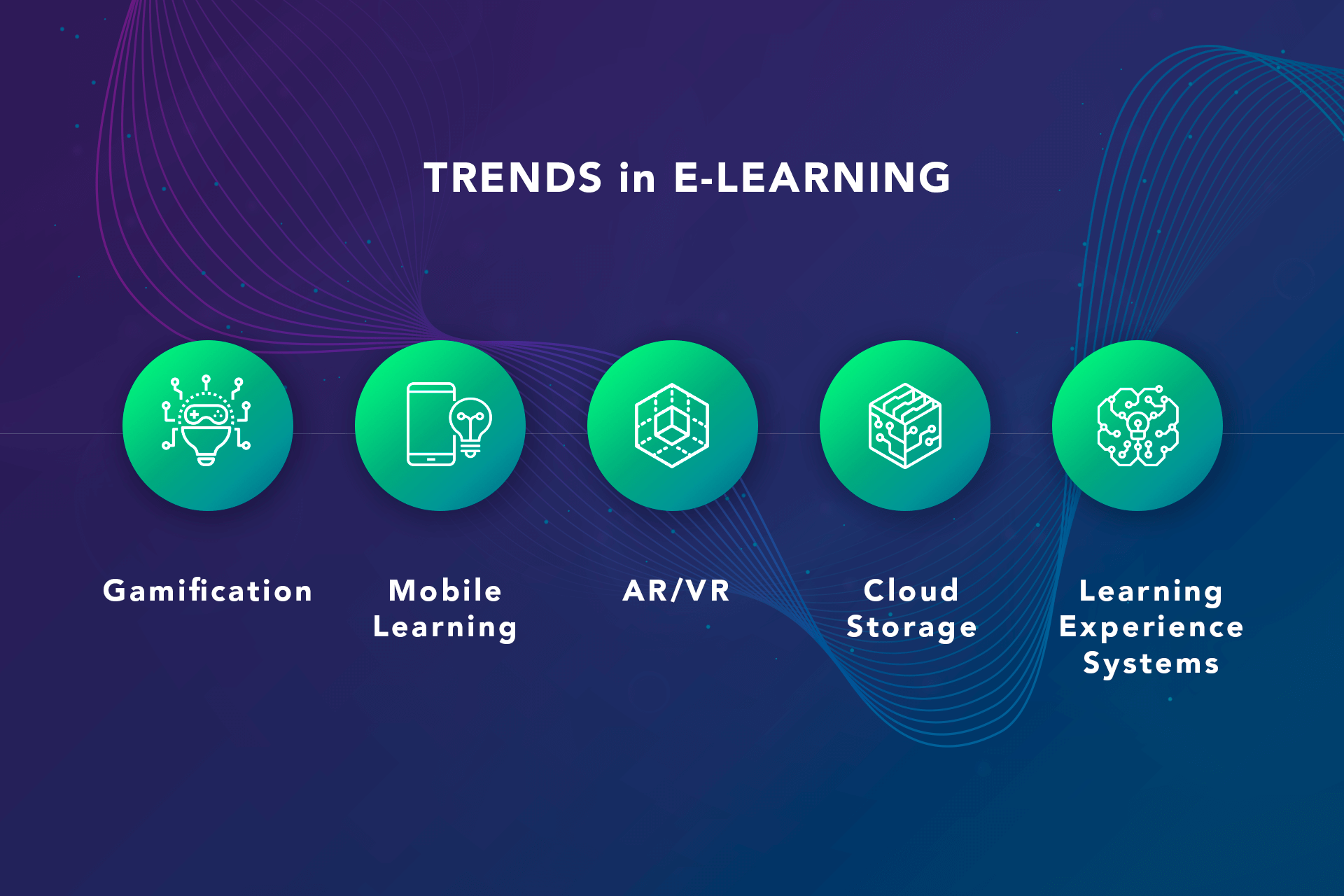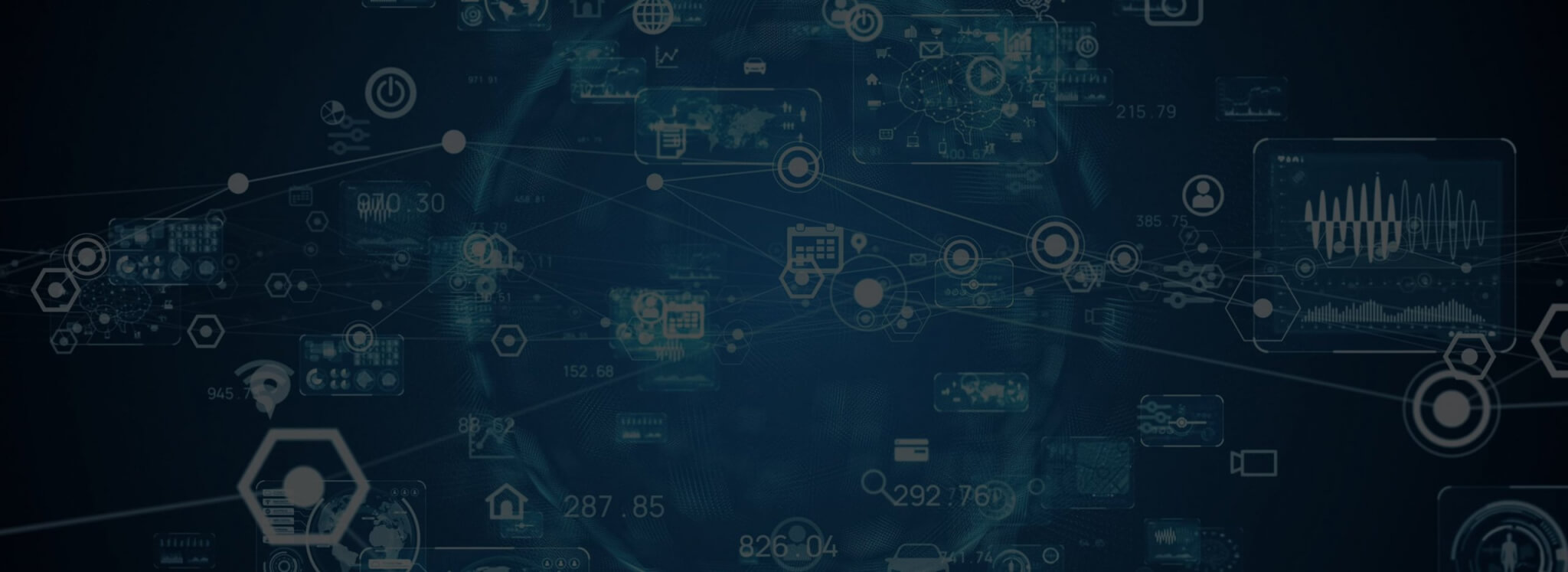Regardless of the business sector, all companies must train their employees regularly. This month your sales managers have to pass the new billing rules training, next month your engineers need to be recertified on the new equipment. Pharma employees have to pass FDA training to ensure a high level of compliance regularly. Thus, effective training is the reality of any modern business.
Knowledge Management System is an umbrella term that incorporates all sorts of e-learning software (educational web platforms, learning management systems, corporate/public web portals, document management systems, scheduling systems, etc) that make remote educational processes (e-learning) possible.

We all heard that e-learning would become a new reality. After the COVID-19 outbreak, we all see that e-learning is the only possible development path for education on a governmental and corporate level. If the efficiency of your education depends on the presence of people in the room, you are doomed to fail.
It turned out that many companies, educational and public institutions were not ready for that force majeure event and did not have effective and user-friendly interactive e-learning software solutions.
What is a Knowledge Management System?
A knowledge management system, as you may guess from the name, holds valuable information for the company or an educational/ governmental institution.
Web-based learning platforms of all types have become the ultimate need in modern conditions, not only for educational institutions but for all companies that aim to ensure low-cost and optimized employee training modules and solutions.
Any type of knowledge management system, regardless of whether it’s an e-learning system or a web portal, is supposed to provide authorized users with valuable information online. Regardless of the time, location, and sometimes even Internet access.
Learning management systems (E-learning platforms). These are the software-based platform for e-learning program storage, delivery, and assessment. Learning management systems or LMS are probably the most common type of knowledge management system, and each organization aims at some point in its development to build a custom LMS. Learning management systems make continuous educational processes for the company’s employees more effective than peer-to-peer training and mentors’ education.
A virtual training assistant is another name for a learning management system. The name “virtual training assistant” presupposes that a student has any help accessible online anytime from any place.
Learning experience systems (LXS) are a new type of e-learning software proving to be more and more popular. The crucial difference between a learning management system and a learning experience system is that the first one was basically created for the administrator, and the second was developed with the user in mind. Learning experience systems are much more intuitive, UI/UX-friendly, and more comfortable to use. The interface of a good learning experience system would resemble the Netflix panel more than the admin panel of the website.

Employee Training Platform Software. Actually, the difference between learning management systems and employee training platforms is blurred. Yet, when speaking about employee training platform software, experts make emphasis on practical education as it has paramount importance when we speak about employees’ efficiency. Using online employee training software, it is easy to create training courses for employees, assess them with the help of quizzes, track employees’ progress, and help people collaborate and communicate.
Content management systems. There are multiple custom CMS solutions, like WordPress, on the market, yet many public institutions, small and medium enterprises, as well as big corporations tend to choose custom content management system development. Why so? Available CMS needs to be adapted to the needs of the organization in terms of the availability of access, features, and security, which often results in almost complete redevelopment and involves serious investments. Custom web content management solutions promise to take into consideration all the requirements of future users. The public sector is one of those business segments that cannot be satisfied with
Document Management systems became a necessity for many business sectors because of governmental regulations. For instance, accounting, medical devices manufacturing, construction, and even IT companies are obliged to document every single step of the operational process.
To reduce the number of paper documents and to ensure that these documents are stored securely and are available, too, companies tend to implement document management solutions.
Scheduling Software. For many educational institutions, custom scheduling software has become a necessity. It helps to attune educational processes and makes a puzzling scheduling process transparent and logical for both teachers and students.
Modern Training: Mobile, Gamified, VR/AR-Powered, Could-Enabled
- Cloud storage. Regardless of the type of knowledge management platform you will build, it is obvious that there will be a lot of data. Modern students require more: they do not want to read texts. They aim to watch webinars and videos, pass quizzes, and interact with each other. That is why an effective modern e-learning solution will be cloud-based. AWS, Microsoft Azure, and Google are offering their cloud storage solutions, and it is not wise to decline the opportunity to store the data securely and safely.
- Gamification for business brings life to the learning process. Using game mechanics in the educational process, engaging users on a deeper level, and improving the retention rate is easy. Lack of interest and motivation are probably the 2 most serious issues when it comes to self-learning, especially in corporate circumstances. Gamification can change everything in this regard, making the learning environment rich and exciting. Using badges, avatars, and quests, users feel empowered to compete, to do more than they used to, and to reach better results.

- AR/VR for education. Yes, we are speaking about AR/VR again. You must have gotten used to these hype technologies. It is time to realize they bring value more than buzz. Virtual reality training would not be so popular among military men if they were not effective. Yet, almost every innovative army uses VR training to train their soldiers to react properly under stress.
- E-learning Mobile Applications. Mobile apps have become the most useful tools for e-learning for a simple reason: mobile phones are always available, and they are always with us. Considering a microlearning trend, no wonder e-learning mobile apps have become so popular.
E-Leaning Trends in Various Business Sectors
Educational institutions are no longer usurped by universities and schools: the number of people who receive an education online is increasing by 3% each year. An increase in demand for web-based learning platforms among academic institutes, including schools and universities, is expected to favor market growth during the forecast period. The trend for e-learning, provoked by online educational platforms, pushed many private educational institutions online as well. So today, the majority of language courses, photography courses, and business courses need to have a learning management system to provide students with an adequate user-friendly, web-based app.
E-learning systems for Government & Public should ensure that all public institutions have up-to-date learning management systems that can guarantee a non-stop educational process. It is basic for the public sector to have a training system for the personnel.
E-learning systems for Pharma/Healthcare have an extensive amount of materials for training new employees. To make the onboarding period easier and more comfortable, pharma/healthcare businesses need to ensure a hands-on training course.
E-learning for the Manufacturing sector is a long and over-complicated educational process that often demands the online presence of the mentor and the learner. This approach does not pay off in modern circumstances: training has to fast, effective, and replicable under any circumstances.
AR/MR-based interactive guidelines are the possibility to receive interactive training and consulting using telepresence and digital content. What does it mean exactly?
Optimizing training on the enterprise level, giving non-governmental organizations a tool for the continuous learning process, and decreasing support costs. This all is about knowledge management systems. They are supposed to serve as a knowledge base of the most important, vital, and critical business information for the company. A knowledge management system is created to save employees’ time and the company’s resources.




